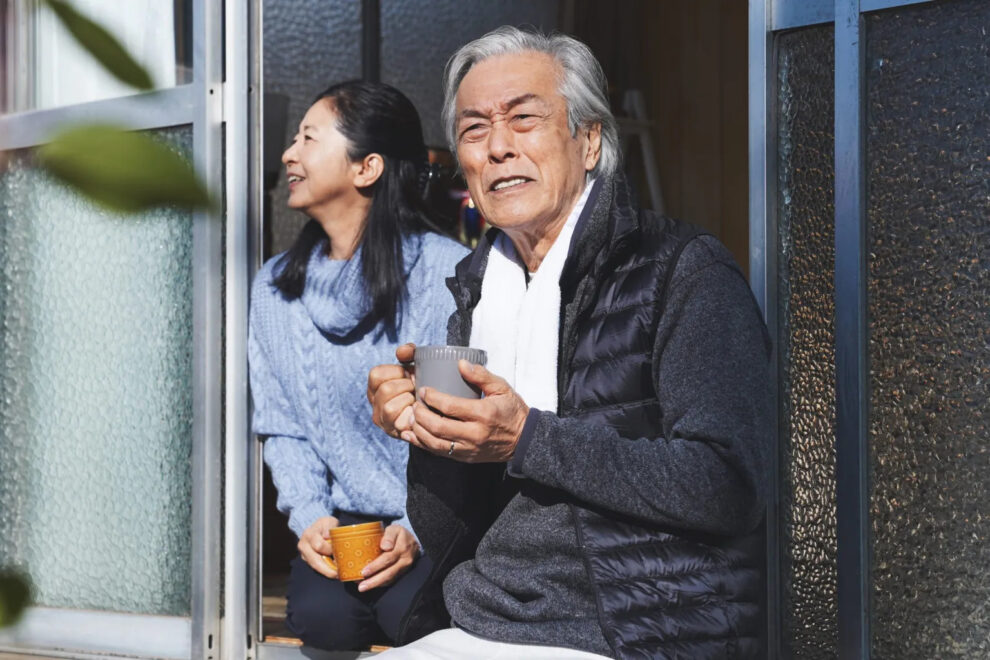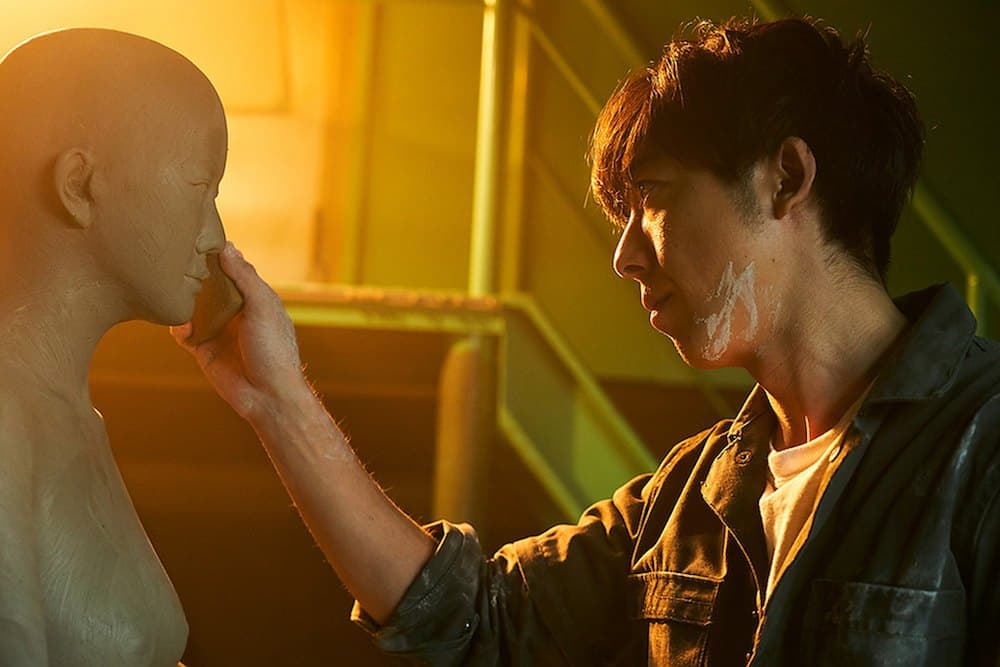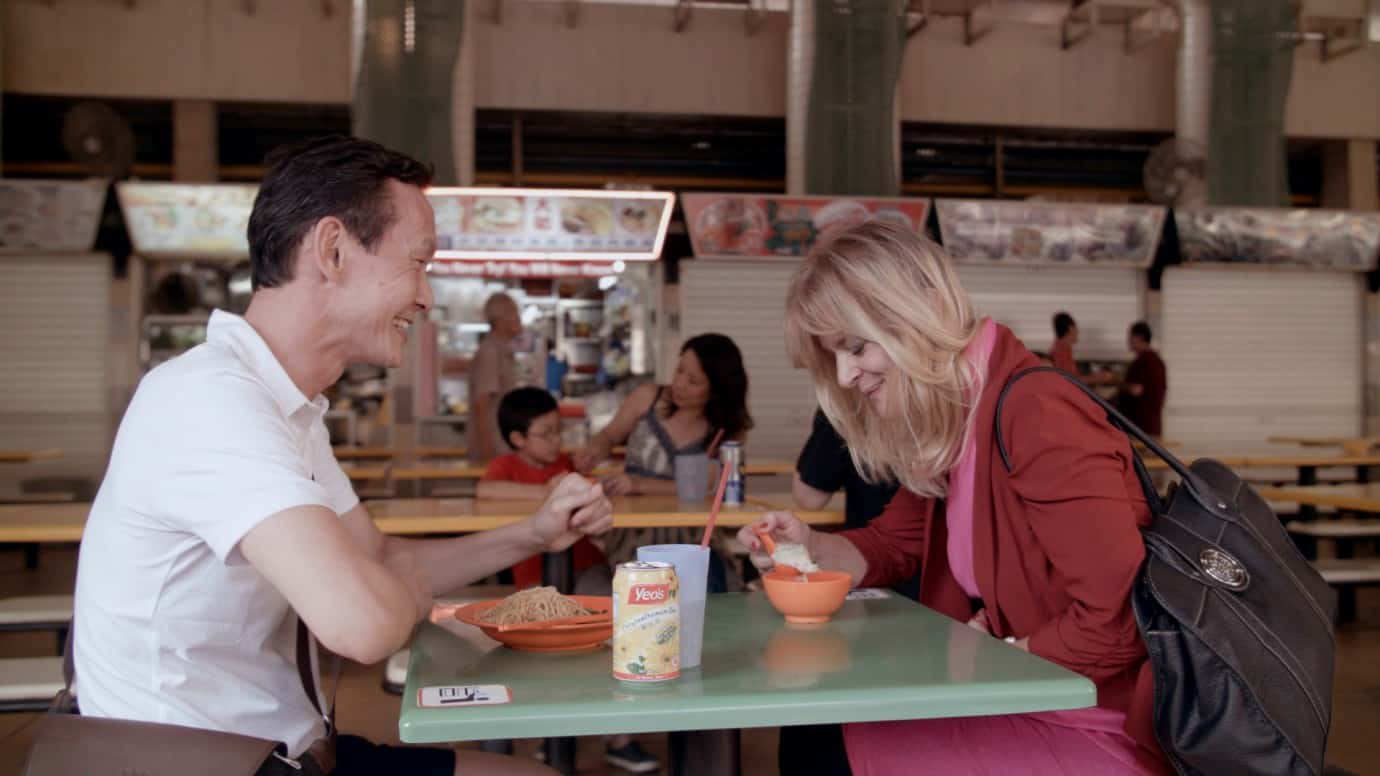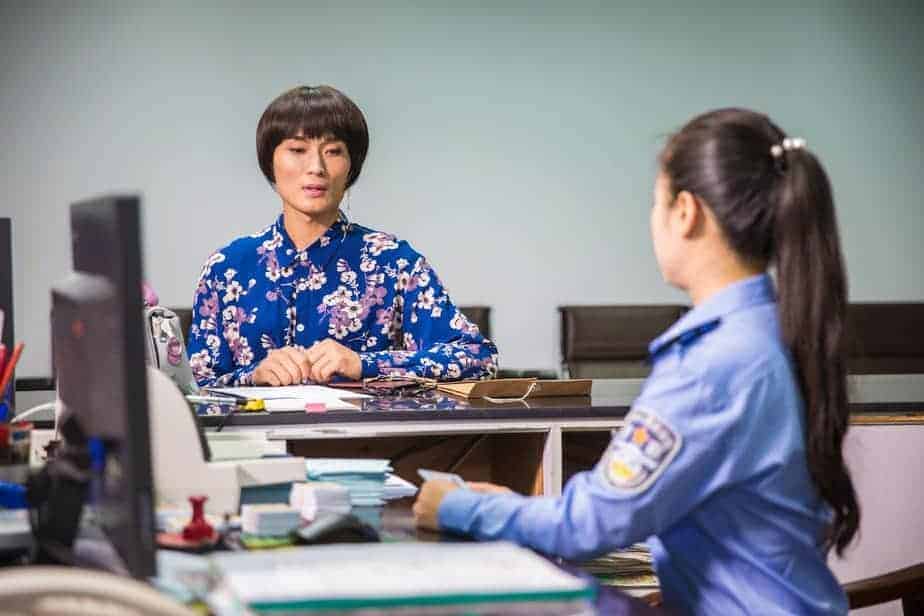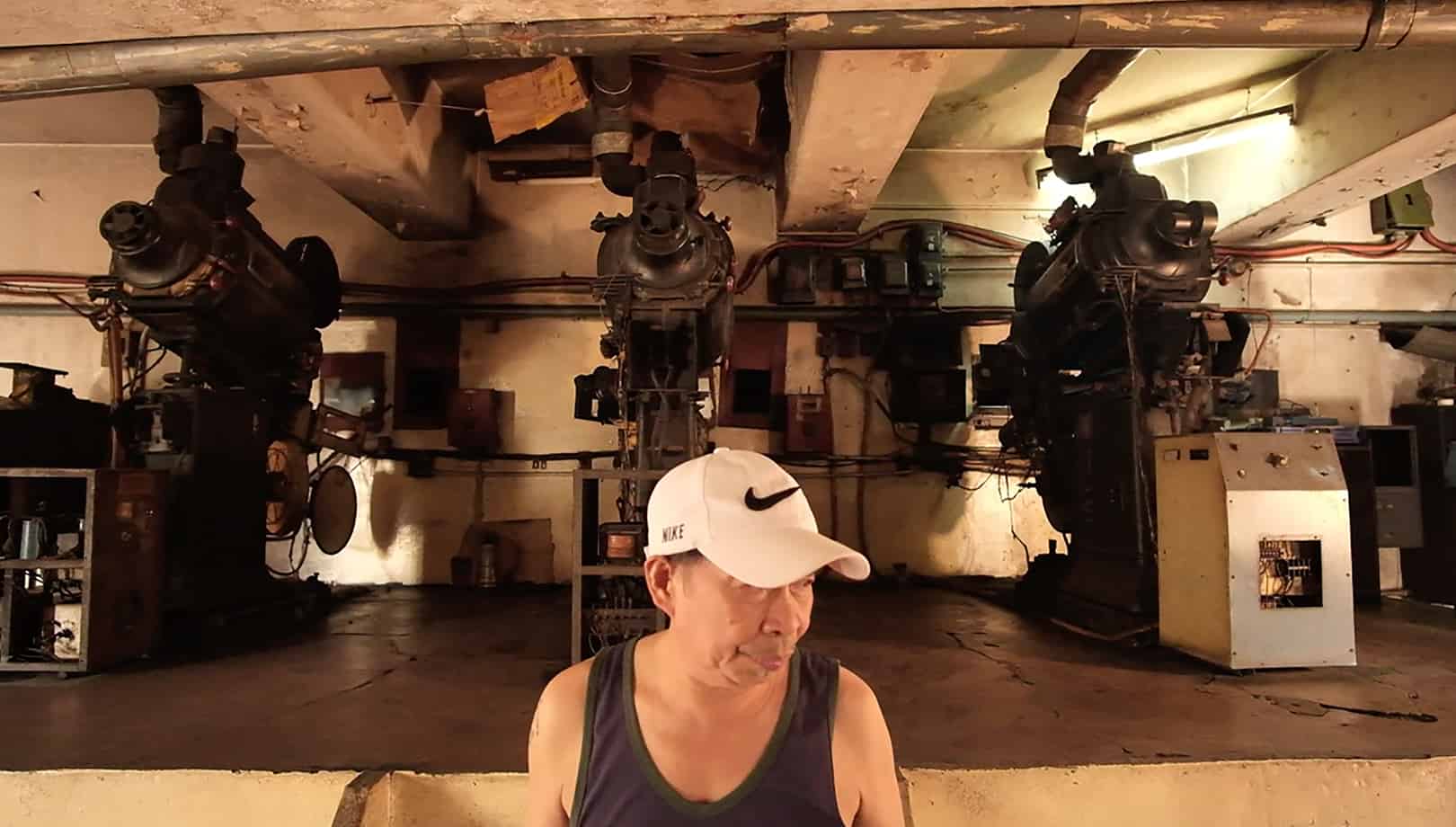A heart-warming middle-of-the-road drama about loss and progress by the director of the Netflix series “Hibana: Spark” (2016). Two years have passed since Kenji lost his wife, Kayo, due to dementia. Now, the 71-year-old starts to feel the same symptoms and tries to find ways to counter the process. He joins the Long and Healthy Life Club, where he befriends the eccentric Mr. Hashimoto. They sign up for a swimming course given by the once-professional athlete Kaori, who also struggles with the fact that she is past her peak. Through their experience in the classes, they find new perspectives in life.
The Rest of Our Lives is screening at Camera Japan

Director Shinji Kuma demonstrates a compassionate glance at the concept of aging. The two storylines of Kaori and Kenji are well-written and not underlined by the often cheesy orchestration of the genre. By adding the somewhat perverted character of Mr. Hashimoto, the film gets a healthy balance between the serious topic of approaching death and the newly ignited lust for life. In flashback, written in Kenji's Diary, the audience is connected to the past and his belated wife. Here, Kenji's character becomes very melancholic as he writes to her and opens his inner self to the viewer. He describes his biggest fear, which is to become a burden to others, and his thoughts about suicide. At this point, the protagonist's surprising openness feels truly authentic and shines a light on the real dark side of the human soul.
Although the plot has been the focus of many Japanese movies before, “The Rest of Our Lives” follows a very sophisticated and creative concept that stands out from many other foreseeable counterparts. Slow-moving shots capture the slow-moving process of aging and grant a certain amount of grace to the characters. The performance of the main actors is top-notch, never goofy or misplaced. The runtime of 100 minutes is marginal and the pacing loses some momentum towards the finale. The last quarter suffers a bit from the lengthy dialogue, but “The Rest of Our Lives” rewards with an optimistic ending, which is worth the while.
Check also this interview
Generational conflict is another topic that Kuma debates. Kenji's son and daughter-in-law are in financial need, which leads to some tension between the couple. “The Rest of Our Lives” shows the base motives of his daughter-in-law, lurking for money and the hypocrisy behind her actions. This is shown not in a judging way, but just as a fact of reality that both sides have to deal with. In the end, the film dissolves the tensions subtly, showing Kenji as an independent man, who has grown and has risen to take on new responsibilities in life to maintain his will to live.
The drama ends with reconciliation and an affirmative outlook for all of us. Even though life will often end lonely and regretful, there is still time to change that with the actions you take during the time you have given. Cheering and sad at the same time, Shinji Kuma, who graduated from Osaka University of Arts, presents an outstanding cast with a strong lead and a solid depiction of human growth based on mutual exchange between the generations.


